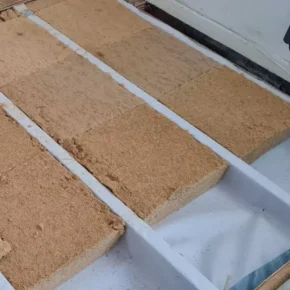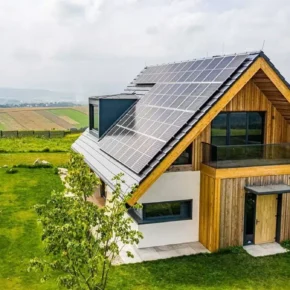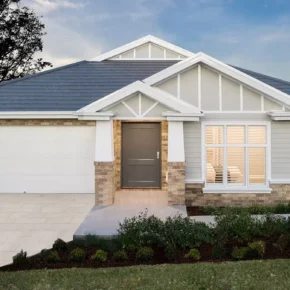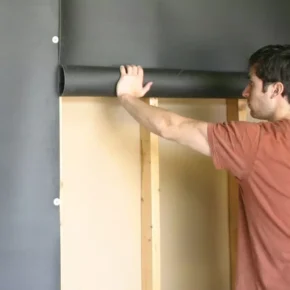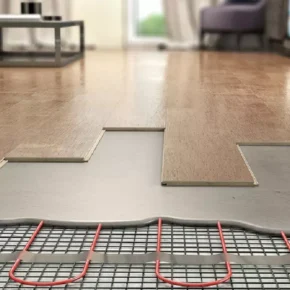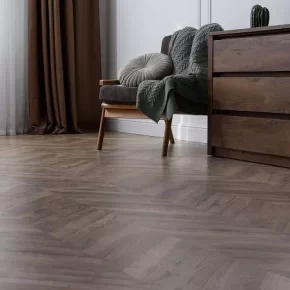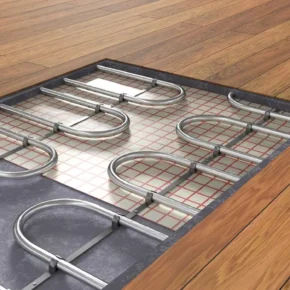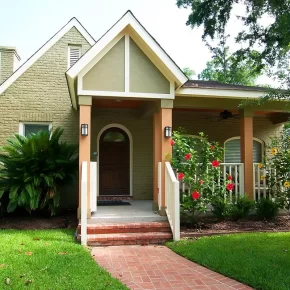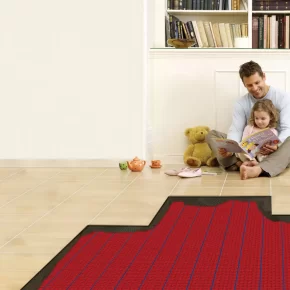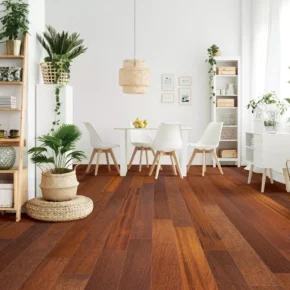Proper thermal insulation of the house is a key factor in ensuring a comfortable microclimate and savings on heating. Wall insulation helps keep the room warm in winter and prevents overheating in summer.
Choosing the right materials for thermal insulation significantly affects the energy efficiency of the house and the reduction of utility costs.
1. Mineral wool is a universal insulation
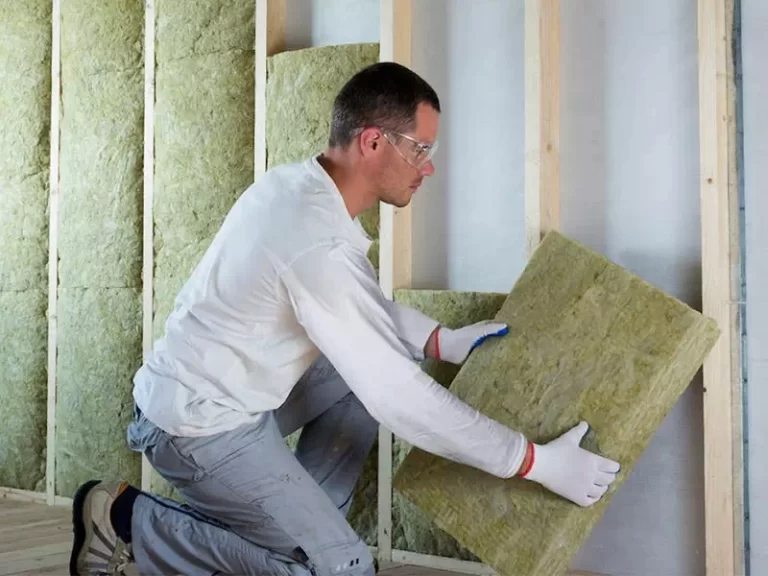
Mineral wool is one of the most popular materials for thermal insulation. It is made of basalt or glass fibers and has excellent thermal and sound insulation properties. The main advantages of mineral wool:
- High thermal insulation : Mineral wool effectively retains heat in the room, preventing losses through the walls.
- Fire resistance : The material is non-flammable and can be used even at high temperatures.
- Environmental friendliness : Cotton wool is made from natural materials and is safe for health.
- Sound insulation : In addition to thermal insulation, mineral wool absorbs noise, which increases comfort in the house.
Disadvantages : Mineral wool can lose its properties when wet, so it is necessary to ensure reliable waterproofing during its installation.
2. Styrofoam is an economical option for insulation
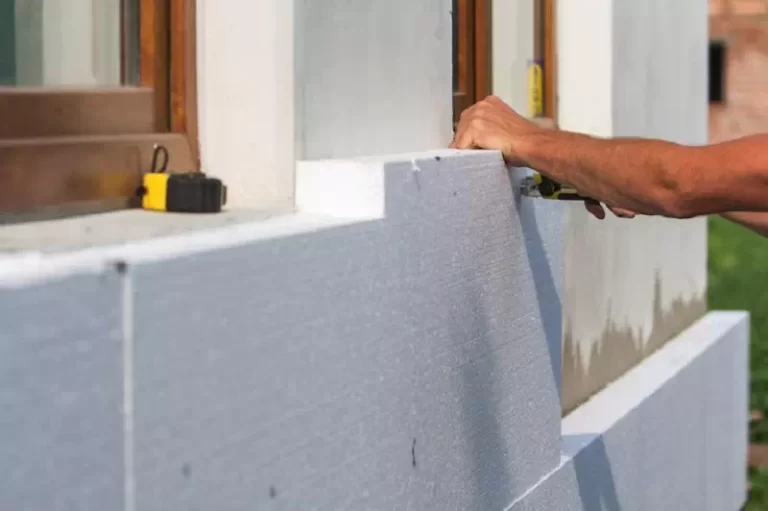
Styrofoam (polystyrene foam) is one of the most affordable materials for wall insulation. It is made of foamed polymer and has low thermal conductivity. The main advantages of foam plastic:
- Availability : Styrofoam is one of the most budget-friendly insulations on the market.
- Light weight : It is a light material that simplifies its installation and does not burden the structure of the house.
- Low thermal conductivity : Styrofoam effectively prevents heat loss through the walls.
Disadvantages : Styrofoam has poor sound insulation, does not withstand high temperatures and can be flammable. Also, this material does not allow air to pass through, which can lead to problems with ventilation in the house.
3. Extruded polystyrene foam is an improved version of foam plastic
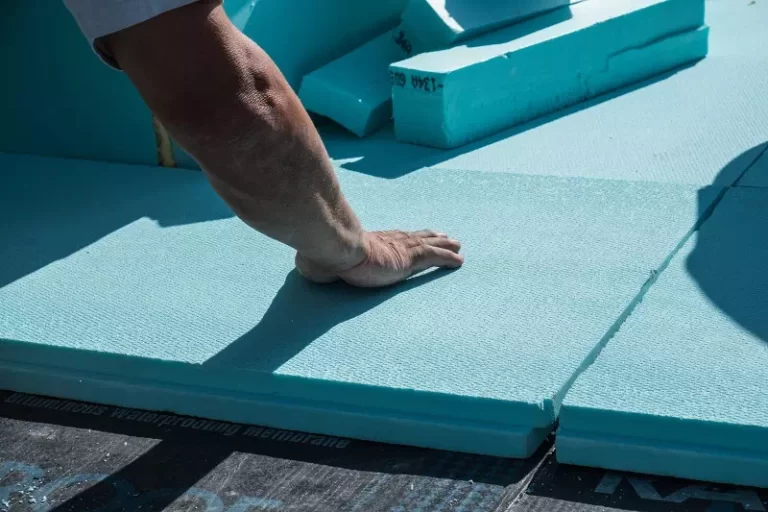
Extruded polystyrene foam (EPS) is an improved version of foam plastic and has better thermal insulation characteristics. It is made by foaming the polymer under high pressure, which gives it a dense structure. Advantages of EPP:
- High strength : EPP has greater mechanical resistance and can withstand heavy loads.
- Low thermal conductivity : EPP provides better thermal insulation than conventional foam.
- Water resistance : The material is resistant to moisture, so it is suitable for use in conditions of high humidity.
Disadvantages : Like Styrofoam, EPP does not pass air well, so it may require the installation of additional ventilation.
4. Polyurethane foam is an innovative method of insulation
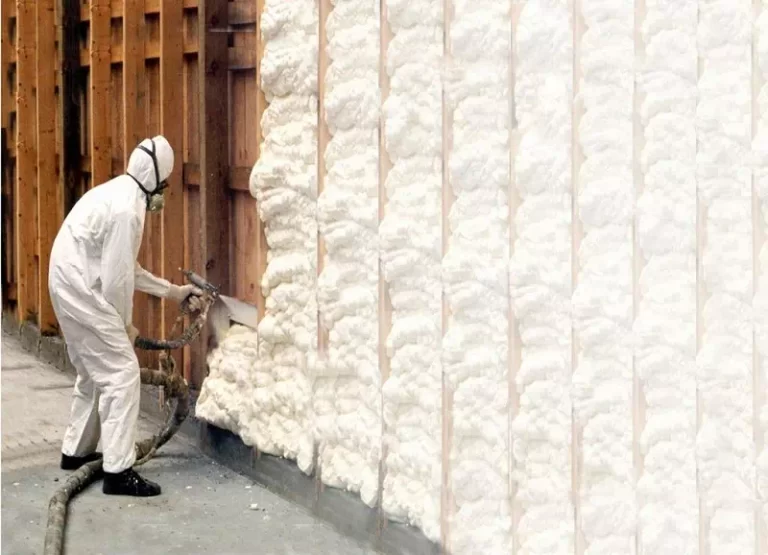
Polyurethane foam is a modern material that is often used to insulate walls by spraying. It has unique properties that allow you to create a seamless layer of insulation, which increases the efficiency of insulation. Main advantages:
- Seamless thermal insulation : Polyurethane foam forms a single layer that eliminates cold bridges and ensures maximum heat retention.
- Installation speed : Spraying polyurethane foam allows you to quickly insulate large areas of walls.
- Resistance to moisture and mold : The material does not absorb water and does not contribute to the formation of mold.
Disadvantages : Spraying polyurethane foam requires special equipment and can be more expensive compared to other materials. The material is also flammable.
5. Ecowool is a natural solution for ecological construction
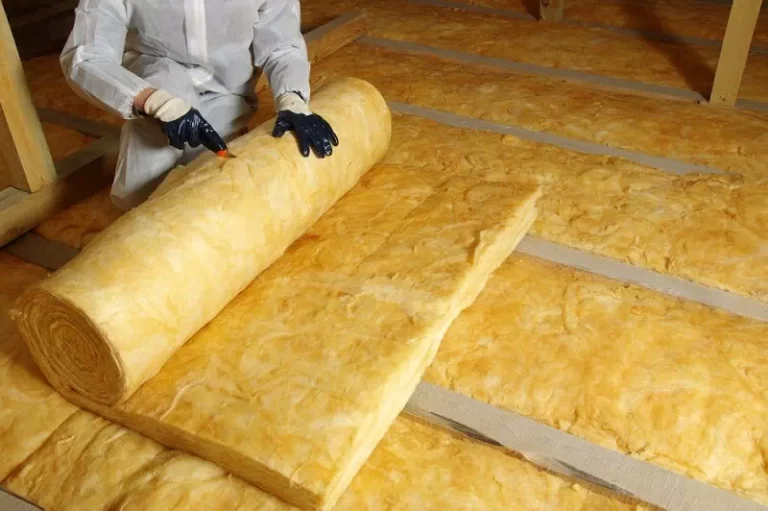
Ecowool is a thermal insulation material made from recycled paper or cellulose. It is an ecological choice for those who care about the environment. The main advantages of ekovat:
- Environmental friendliness : The material is made from secondary raw materials and does not contain harmful chemical compounds.
- Good thermal insulation : Ecowool has low thermal conductivity and provides a comfortable microclimate in the house.
- Sound insulation : Thanks to its structure, ecowool also provides good sound insulation.
Disadvantages : Ecowool can lose its properties when wet, so additional waterproofing is required.
6. Styrofoam is an effective and durable insulation
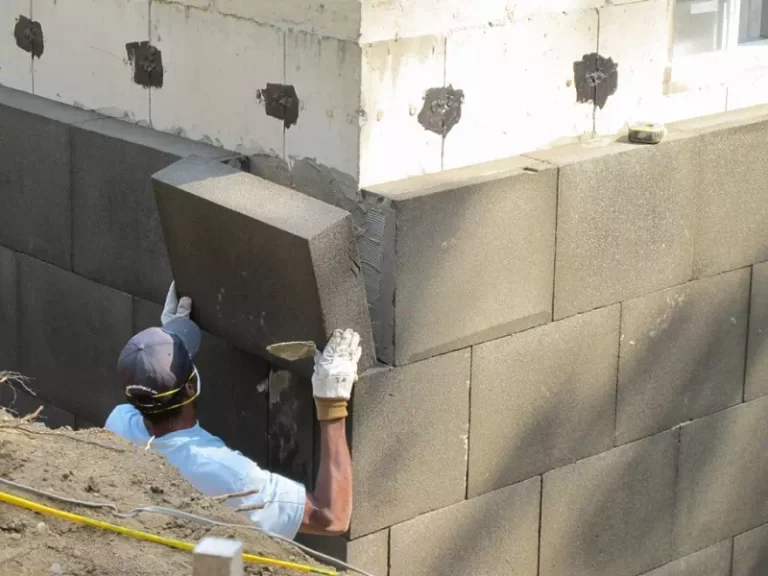
Styrofoam is an innovative material made from foamed glass. It has unique properties and is becoming increasingly popular among developers. The main advantages of foam glass:
- High strength : The material is extremely strong and can be used to insulate foundations.
- Heat and sound insulation : Styrofoam provides excellent insulation against cold and noise.
- Fire resistance : The material does not burn and is suitable for use in high temperature conditions.
Disadvantages : Styrofoam is one of the most expensive materials on the market, which can be a barrier to its widespread use.
What to pay attention to when choosing a heater?
When choosing materials for wall insulation, it is important to consider several key factors:
- Thermal conductivity : The lower the thermal conductivity of a material, the better it retains heat.
- Mechanical strength : For external walls, it is important to choose materials that can withstand mechanical loads.
- Fire resistance : Insulators must have a high resistance to fire, especially for use in residential buildings.
- Environmentally friendly : If you care about the environment, pay attention to ecological materials such as ecowool or mineral wool.
Thermal insulation of the house is an important stage that affects energy efficiency and comfort. Choosing the right materials for wall insulation depends on many factors, such as budget, climatic conditions, type of house and your personal preferences. When choosing a heater, consider not only its heat-insulating properties, but also environmental friendliness, durability and resistance to external influences.


